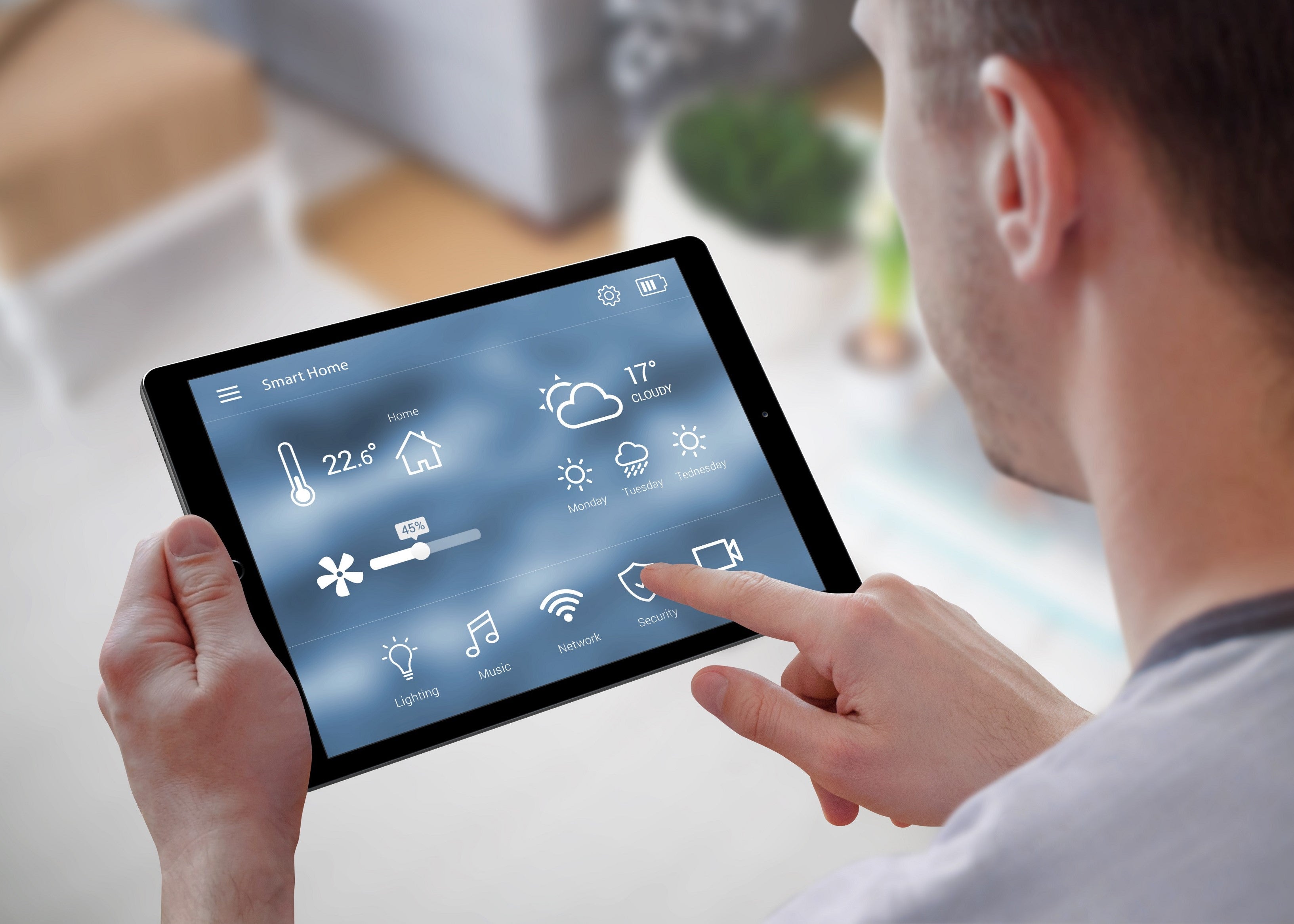Walk into any retail store like Best Buy or Home Depot, and you’ll be greeted with a plethora of DIY smart home products. These stores now have entire sections dedicated to technology that can be controlled with your smartphone or voice commands. From Amazon Alexa-enabled devices and Phillips Hue lightbulbs to Nest cameras, the options are abundant and installation is straightforward. The once far-off dream of owning a smart home has never been more within reach or affordable.
We serve many customers who are enthusiastic about smart home technology and are willing to invest in it. Often, they enjoy the process of setting up and experimenting with the technology themselves. But the question arises: Is DIY the best approach? What distinguishes a self-installed system from one installed by a professional company? With smart home solutions so accessible, why would anyone opt for a professional smart home integrator? Why invest time and resources in having a professional come to your home, design a system, and install it, when you could theoretically do it yourself on a leisurely weekend?
As a company that originated in Silicon Valley, we frequently encounter this dilemma. A significant portion of our clientele works in high-tech industries. While our mission is to bring the convenience of technology to as many people as possible, especially those who may not be tech-savvy, the tech-forward environment of Silicon Valley influences this dynamic.
We aim to help homeowners, particularly those with a high-tech background, understand the value of our professional services. It’s not about mastering complex technology, but rather about having a comprehensive accumulation of experience. This includes a deep understanding of architecture, circuits, and software, as well as familiarity with a wide array of technologies and brands available in the market. Our professional value lies in our ability to leverage this expertise to create a seamless, efficient, and personalized smart home experience.
1. Scalability
Living in a one-bedroom apartment and wanting to control a few lightbulbs with your phone or a smart thermostat makes DIY a viable option. It’s an enjoyable way to experiment with room colors, automate lights to turn on at sunset, and get a taste of smart home automation. However, what if your home spans over 3,000 square feet, with multiple floors, bedrooms, or even a guest house? Suddenly, you need a multitude of smart devices, each requiring its own programming and automation. Add smart shades, security, and AV to the mix, and your weekend project becomes a significant undertaking. This is where a smart home integrator comes into play. They know how to scale a smart home system and can guide you in choosing the best products for a large setup. They rely on industry-proven solutions like Savant and Lutron to construct your smart home.
2. Design Customization
DIY home automation systems prioritize affordability and ease of installation over design. Perhaps your Ring doorbell comes in various colors, or your Amazon Alexa offers different styles. But chances are, the smart home products from Home Depot won’t match your home’s interior. This might not be a concern for an apartment renter, but if you’ve invested time and money into your home’s interior design, shouldn’t your technology complement it? Smart home integrators often collaborate with interior designers and architects to ensure the technology doesn’t detract from your design vision. By using design-led solutions, your technology can either accentuate your home’s design or be discreet enough not to interfere.
3. Full Integration
A smart home is more than a lightbulb and a smart lock controlled by your phone. It’s an experience created by integrating lighting, shades, security, audio, video, and more into a seamless control system. When you opt for DIY, you’re dealing with products from different companies. By the time you’ve gathered all the necessary products, you’re left with numerous solutions from just as many companies. Integrating them into one control system can be a daunting, if not impossible, task. A smart home integrator can help you identify the solutions you need and find ones that integrate seamlessly, so you don’t have to use a different app for each piece of technology. They install solutions that work in harmony, like lighting and window treatments that work together to provide consistent lighting and save on utility bills.
4. Security
Any device in your home that connects to the internet is a potential target for data theft. While this might sound pessimistic, it’s today’s reality. Connecting to the internet exposes us to potential phishing scams, ransomware attacks, and DOS attacks. Our workplaces often have security measures in place to protect us against most of these threats. But our home networks are often unprepared. Adding various smart home devices to our home network only makes our homes a larger target for cybercriminals. While there’s no foolproof way to prevent all cyberattacks, steps can be taken to mitigate the risk your smart home adds to your home network. A good smart home integrator can help set up your smart home securely by setting up VLANs and firewalls, consistently monitoring, and updating software.
5. Reliability and Consistency
At Moona Smart, we believe that a smart home is only worth having if it works well. If you’re spending a significant amount of time each week reconnecting your smart light bulbs, reprogramming your automations, or struggling with Spotify on your Sonos app, is your home truly smart? Working with a tech-savvy integrator has benefits beyond just security. They will also structure your home network so that your smart home stays connected in the event of an outage. If you do go offline for an extended period, they can ensure that your custom configurations and automations are saved and ready to be re-implemented when your power is restored.
6. Indispensable Expertise from Architecture to Automation in Structural Design
Our professional service is not just a luxury, but a necessity for a well-integrated smart home system. We offer a comprehensive approach that spans from architecture to automation, including the design of wired circuits, layout planning, product selection, and installation requirements. By incorporating structural design at the outset, we not only streamline the process but also preempt potential inconveniences or unnecessary costs down the line.
We also cater to accessory choices such as lamps, light strips, and transformers. Whether we provide these accessories directly or assist you in sourcing them, we ensure they integrate seamlessly with your smart home system, enhancing its functionality and aesthetic appeal.
Our expertise extends beyond technology. We understand the intricate details of structural design that even seasoned designers, general contractors, and electrician teams might find challenging. This comprehensive background allows us to create a smart home system that is not only technologically advanced but also structurally sound and aesthetically pleasing.
In essence, our professional service is an investment in the longevity and efficacy of your smart home system. It’s about creating a home that’s not just smart, but also reliable, secure, and tailored to your lifestyle. So why settle for less when you can have the best? Invest in professional integration for a truly smart home.
7. Support
Many of us are drawn to smart devices because they allow us to control our homes remotely. This could be a vacation home you want to monitor the temperature of, or remoting into our cameras to check on the cats while we’re at work. One of the biggest benefits of smart devices is the control they give us, no matter where we are. But like any other part of your home, smart home devices will eventually malfunction. If this happens while we’re away, there’s not much we can do about it. However, by partnering with an integrator for our smart home support, we can trust that when things go wrong in our smart home, they can usually be diagnosed and fixed, often before we even notice something is wrong, and often without even having to enter your home.
This article is not intended to discourage you from trying the DIY solutions you find at your local store. If you’re curious about smart homes, buying an Amazon Alexa or smart light bulb is a good way to get started. But when you’re ready to experience a full smart home solution and see how it can transform your life, consider ditching the DIY devices and bringing in a professional. Ready to embark on your own smart home journey? Contact us today for an consultation and assessment!



Share:
Lutron System: Caseta, RA2 Select, RA3, and HomeWorks